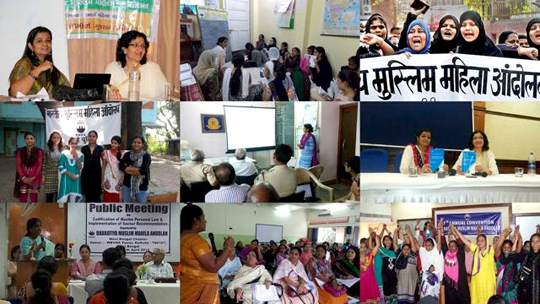New Delhi, May 17: Spelling out the government’s fourth tranche of initiatives towards achieving Prime Minister Narendra Modi’s vision of ‘Atmanirbhar Bharat’, Union Finance Minister Nirmala Sitharaman on Saturday announced significant structural reforms in eight sectors of the economy — coal, minerals, defense production, aviation, power distribution in Union territories, space and atomic energy.
Addressing her fourth and the second-last press conference, Sitharaman said crucial sectors such as coal production and exploration, defence production and space would see an increased participation from private entities.
Coal sector:
In the realm of coal exploration, the government has decided to liberalise the entry norms for private entities, which would mean that any interested party could bid for a coal block and sell it in the open market. The minister said that the government would do away with all the eligibility conditions at the time of bidding for a coal block, except requiring an “upfront payment with a ceiling.”
Nearly 50 coal blocks would be offered to private players immediately, revealed Sitharaman.
She further said that Rs 50,000 crore would be spent by Centre in creating ‘coal evacuation’ infrastructure, which would expedite the transport of mined product to the destination.
Defence sector:
In defence production, Sitharaman revealed that the government would raise the foreign direct investment (FDI) limit in the sector from current 49 per cent to 74 per cent. Further, the government would also work towards corporatising the ordnance factory boards. “Corporatising doesn’t amount to privatization,” added Sitharaman.
In a bid to boost indigenous production of defence products and gave an impetus to Make in India, Sitharaman said that the government was in a process of notifying a list of weapons/platforms for an import ban with year-wise timelines.
These decisions would also help in reducing huge import bills, the finance minister said.
Privatisation of electricity:
In another announcement that could have an effect on electricity charges in the union territories, Union Finance Minister Nirmala Sitharaman announced on Saturday that power departments and utilities in all the centrally administered territories would be privatised.
Sitharaman said that the proposed move would lead to better service to consumers and improvement in operational and financial efficiency in distribution.
The finance minister said that decision was guided by 'sub-optimal' utilisation of performance of power distribution and supply'.
She said that the move to that effect would provide a model for emulation by other utilities across the country, in what could be an indicator of what's in the pipeline for utilities in other states as well.
Sitharaman said that the privation reform was in line with the tariff policy reforms and would help in enhancing consumer rights, promote industry and improve the overall sustainability of the sector.
Space sector:
Sitharaman also announced the opening up of the space exploration sector for private players. Till date, the government-run Indian Space Research Organisation (ISRO) has held a monopoly on all activities concerning space exploration and satellite launches.
The Indian private sector will be a co-traveller in India's space sector journey, said Sitharaman, while announcing a series of structural reforms in eight crucial areas of the economy. The Union Finance Minister was addressing her fourth press conference in as many days, as a follow-up towards realising Prime Minister Narendra Modi's vision of 'atmanirbhar Bharat', which was spelled out in his video address on May 12.
Sitharaman said that the reforms in the space sector will provide a level-playing field for private companies in satellite launches and space-based services.
She said that the private sector would be allowed to use ISRO facilities and other assets to improve their capacities. Stating that the government would provide predictable policy and regulatory environment to private players, Sitharaman also disclosed that future projects for planetary exploration and outer space travel among others would be opened up for private entities.






Comments
Talaq OR divorce is among all legal things it is the only very hatred thing to ALLAH the creator of all.
And it is the last option in Islam when it is the only method for both wife and husband if they can not continue their married relation.
Divorce is a 3step process. There has to be mediation of senior members of both the spouses. If they decide it is impossible to continue the married life, then the spouses can go for 1st Talaq.
Once the Talaq is pronounced, there is a time of iddat (waiting period). This period is the completion of menstrational period. Until the wife completely cleaned.
This is not ONE GO process.
For the third time only it completely comes into Talaq and separation is pronounced.
Both needs to consult the Religious scholars.
May Allah guide to understand the sanctity of married and family life and to fulfill our obligations
Add new comment